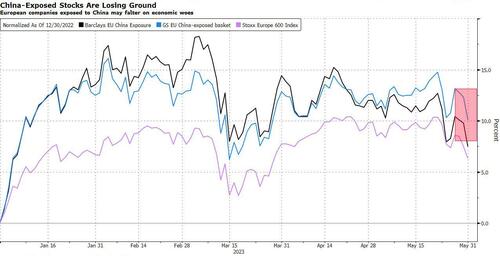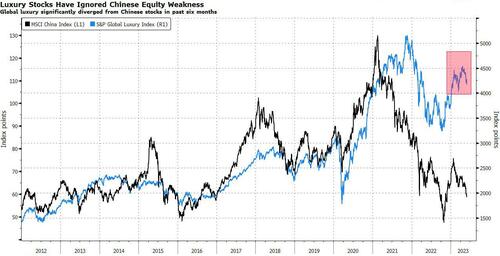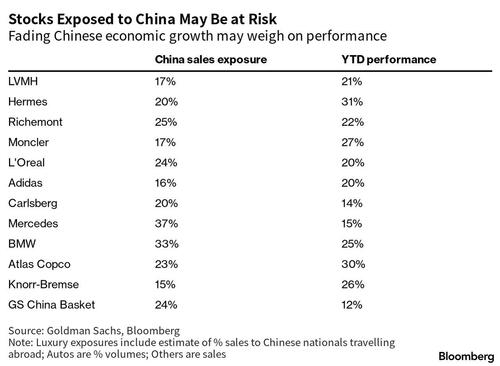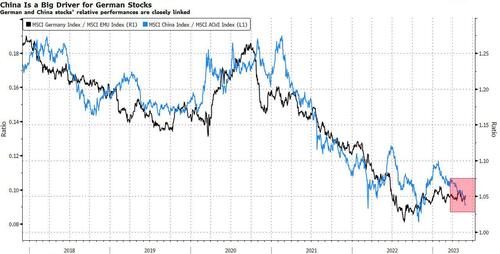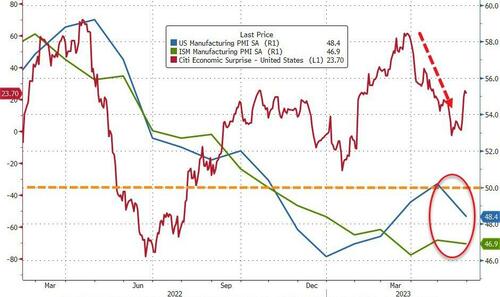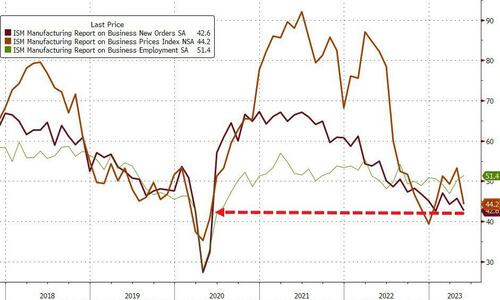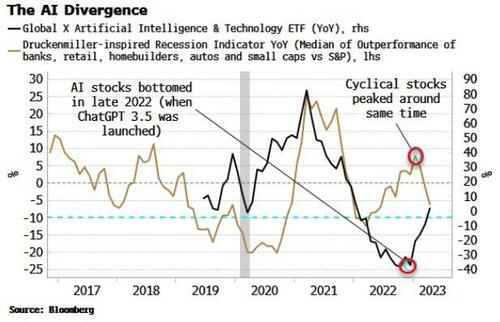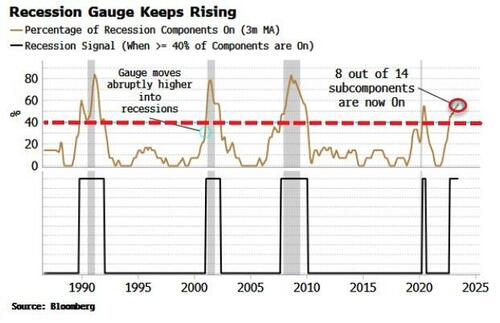Nightmare On ERM-Street?
By Bas van Geffen, Senior Macro Strategist at Rabobank
Reports focusing on financial stability often make for some grim reading. Then again, I guess that these reports don’t do their job if the authors conclude that everything is humming along just fine. The ECB’s bi-annual Financial Stability Review is no different. Yesterday’s release warned that “as financial conditions normalise, this may expose fragilities and fault lines in the financial system.” The report goes on to note that “tighter financial conditions are testing the resilience of euro area firms, households and sovereigns,” particularly pointing out their ability to service debt.
The ECB’s rapid hiking cycle is already affecting new borrowing. Yet, so far, the impact on debt servicing costs has remained relatively muted, owing to the decade of low rates that encouraged households and corporates to lock these low rates in for long periods. This shields a substantial part of the outstanding debt from such rising costs – at least until the rate reset date. But that debt also serves as a potential time bomb. The longer the ECB has to hike and/or keep rates at high levels, the larger the share of debt that becomes subject to rate resets or has to be refinanced, under less favorable conditions besides higher rates.
From that perspective, the Eurozone inflation data will probably offer some relief today. After the mixed inflation reports from Belgium (an unexpected and substantial increase that reminded markets of the shocker UK CPI print) and Spain (a much shaper drop than anticipated) on Tuesday, French and German data both supported the latter narrative. With three of the major Eurozone countries showing improvement in the inflation outlook, the Eurozone HICP print may slow more than the 0.7 percentage point deceleration that is anticipated. That will not immediately wipe ECB rate hikes off the table, but it might limit pressure on the central bank to continue hiking for too much longer. Indeed, upside inflation surprises in both Italy and the Netherlands underline that the jury is still very much out on underlying price dynamics.
But the ECB may not be the only villain: “If the Bank of Japan decides to normalise its policy, this might influence the decisions of Japanese investors who have a large footprint in global financial markets, including the euro area bond market.“ Yet, as data compiled by Bloomberg reveals, that trend may actually be ongoing already. In 2022, Japanese investors unwound some ¥5.4 trillion (€39 billion) in Eurozone bond holdings. That’s still only a drop in the ocean that is the European bond market, but if Japanese monetary policy were to further discourage overseas investments, the lack of Japanese buying interest would add to the ECB’s intentions to fully halt APP reinvestments from July onwards.
Whether it’s the ECB’s own tightening or external spillovers, the monetary cycle is certainly making it gradually more expensive for sovereigns to borrow. While this is imperative to slow the inflation momentum, it may also make Europe’s strive for strategic autonomy –which requires large investments in various areas– harder to achieve.
Nonetheless, the Italian government passed a bill to set up a strategic fund that supports Italian firms in key strategic sectors. Its aims are to help the procurement of critical raw materials and may invest in domestic non-financial corporations in order to bolster domestic production. The fund will receive €1 billion in start-up cash from the government, and seeks to raise another €500 million from investors – perhaps somewhat ironically, Prime Minister Meloni is trying to raise this additional cash from non-Eurozone funds.
Speaking of bills passing, the US House of Representatives voted in favor of the Fiscal Responsibility Act that suspends the debt limit until January 2025. This only leaves a nod of approval of the Senate, but that hurdle seems to be lower than garnering enough bipartisan support in the House. The time to avert a default is still very short, but the House vote should bolster risk sentiment and equities in today’s session.
Tyler Durden
Thu, 06/01/2023 – 10:50
via ZeroHedge News https://ift.tt/sMmKSfn Tyler Durden

